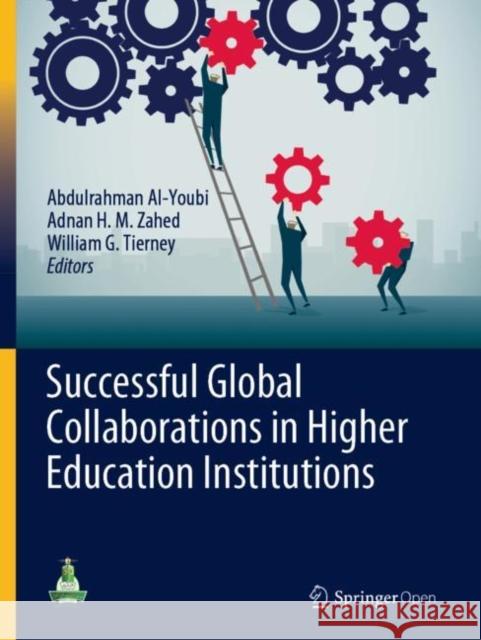Successful Global Collaborations in Higher Education Institutions » książka
topmenu
Successful Global Collaborations in Higher Education Institutions
ISBN-13: 9783030255275 / Angielski / Miękka / 2020 / 93 str.
Successful Global Collaborations in Higher Education Institutions
ISBN-13: 9783030255275 / Angielski / Miękka / 2020 / 93 str.
cena 201,72
(netto: 192,11 VAT: 5%)
Najniższa cena z 30 dni: 192,74
(netto: 192,11 VAT: 5%)
Najniższa cena z 30 dni: 192,74
Termin realizacji zamówienia:
ok. 16-18 dni roboczych.
ok. 16-18 dni roboczych.
Darmowa dostawa!
This open access book presents deep investigation to the manifold topics pertaining to global university collaboration. It outlines the strategies King Abdulaziz University has employed to rise in global rankings, and the reasons chosen to collaborate with other academic and research institutes. The environment in which universities currently exist is considered, and subsequently how an innovative culture might be established and maintained to enable global partnerships to be implemented and to succeed is discussed. The book provides an intense focus on why collaboration is a necessary ingredient for knowledge transfer and explains how to do it. The last part of the book considers how to sustain partnerships. This is because one of the challenges of global partnerships is not just setting them up, but also sustaining them.











